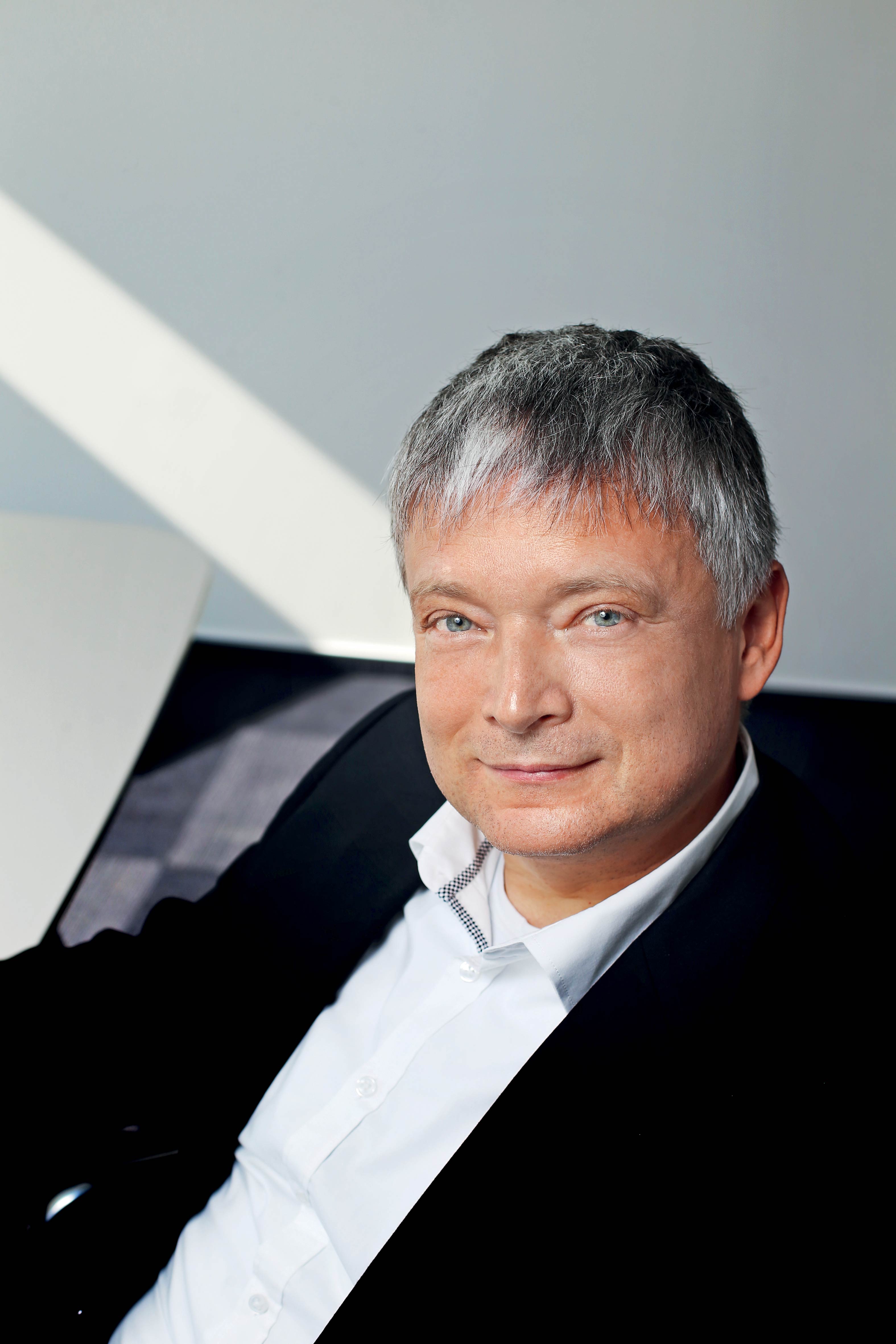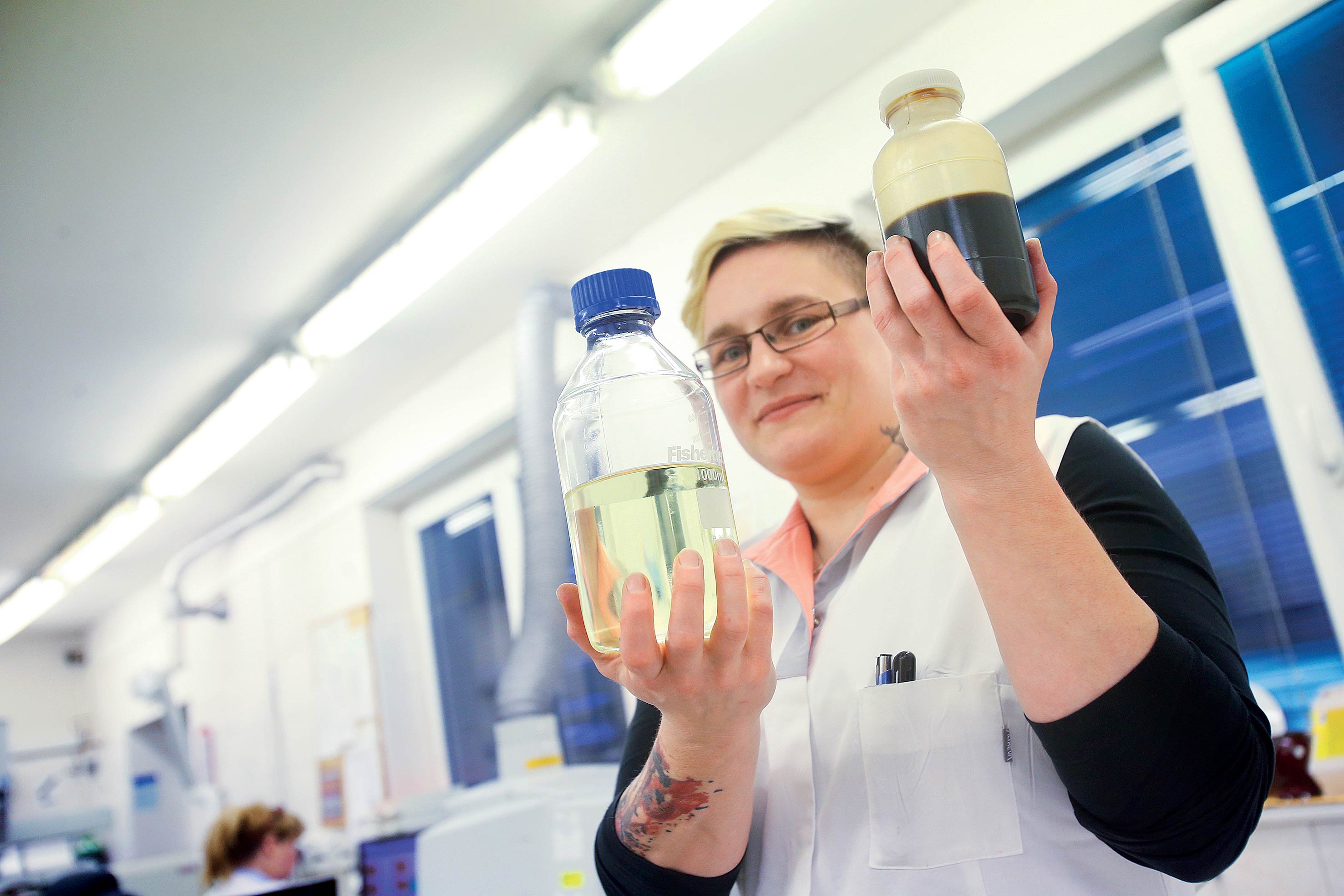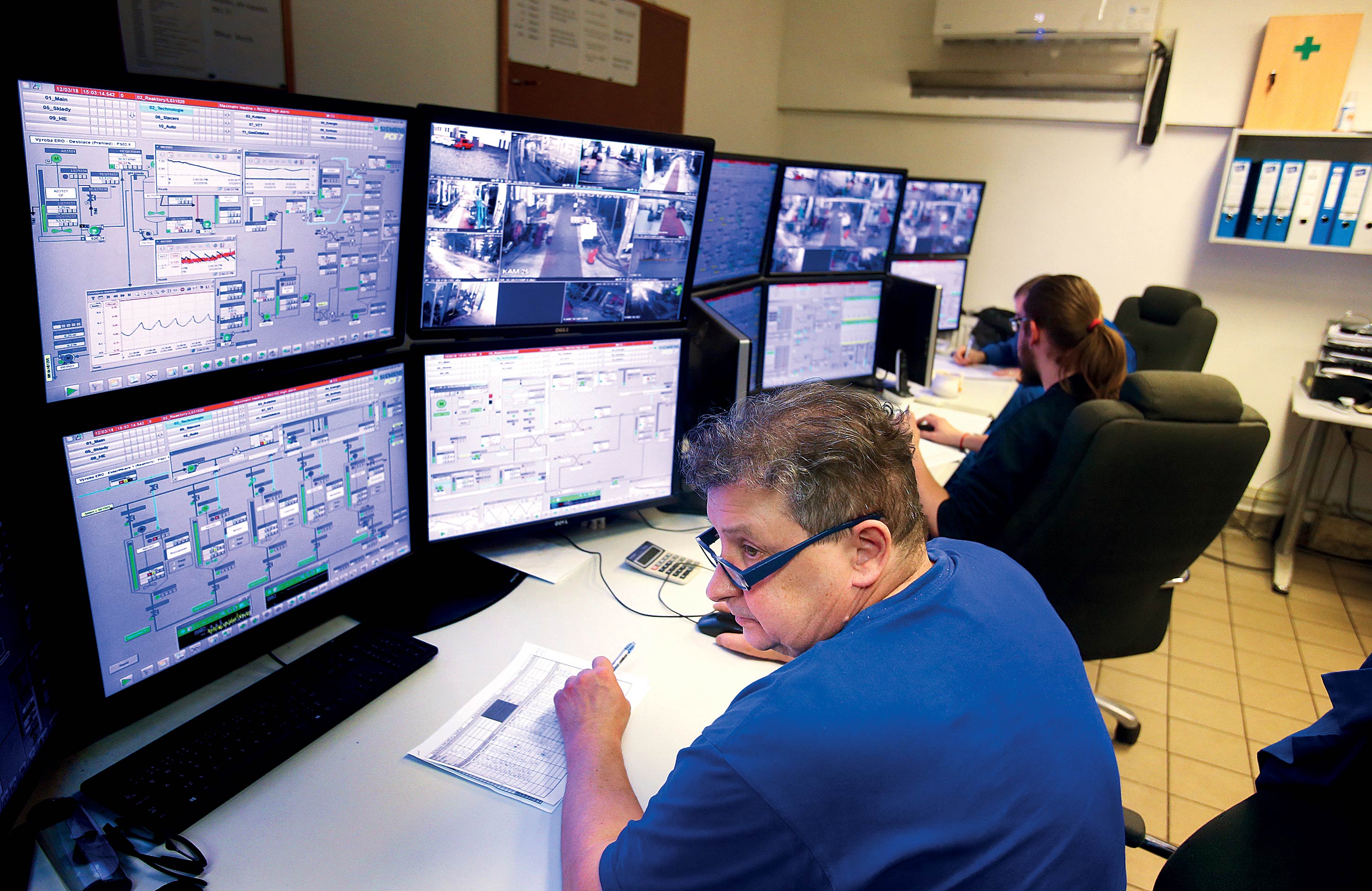The Czech company Temperatior, where Michal Fišer works as CEO, believes that second-generation biofuels will soon see widespread use in Czechia and is actively seeking avenues to export them abroad.
According to Michal Fišer, the company has managed to hone its second-generation biofuel manufacturing process (FAME) to a state-of-the-art level in a matter of years. “We are currently getting ready to supply our internal know-how and license our technologies on a turnkey basis for similar investments abroad. Arab countries, be they those of North Africa or the Asian states in the Near East, are very progressive in these matters. They are accounting for the need to produce their own biofuels from biological waste or even waste oil, which they currently have no use for and have to spend large sums to dispose of. We are seeing rising interest in our technologies from these countries, and we would be excited to take part in their upcoming projects,” says CEO of the entirely Czech-owned company Temperatior, which belongs to the investment group of influential Czech businessman and investor, Grzegorz Hóta.
How big is Temperatior's Czech biofuel production on a European scale?
We currently rank among the three largest producers of the so-called second-generation biofuels in Europe. These biofuels are produced from biological waste or waste vegetable oils. It is a process preferred by the European Union in keeping with the RED II directive that is currently in force. As opposed to first-generation biofuels, produced from agricultural feedstocks such as rapeseed oil, these fuels use waste fat from dead animals. Waste vegetable oil from fryers used in restaurants and households can be used as another form of feedstock. Disposal of these materials often imposes a financial, logistical, and ecological burden. Using them instead to produce biofuel means that they are disposed of ecologically in a way that makes sense economically and environmentally as opposed to just disposing of them without any added value.
You mentioned that optimizing the manufacturing processes and quality of your fuel to the highest level has taken years...
From the time I was appointed CEO of the company in 2014, having accepted the offer to lead Temperatior from Grzegorz Hóta, the new owner at the time, it was an issue that we worked very hard on for six years. We collaborated with experts and chemists from Czech universities and their research departments. We gradually improved and outfitted the main parts of our production line to make sure that the final product fits the strict criteria that our important European customers have. Nowadays, we are able to process animal fat or waste vegetable oil of a wide quality range (including the worst possible end of the spectrum) during the summer, which is a time when this waste degrades quickly due to high temperatures. Besides the huge amount of work and time it took, we had to invest hundreds of millions of crowns to cover the expenses.
Where are the fuels you produce usually used?
They can be used as biological additives to diesel according to EU directives or even serve directly as fuel for combustion (diesel) engines. They have no negative effects on engines as opposed to biofuels produced with agricultural feedstocks. Quite the contrary, thanks to their composition and qualities, our biofuels are beneficial for engines. They are also often used in large engines of all kinds of construction machines, tractors, or ships.
What about the ecological footprint that is left behind after the fuel is burned?
The CO2 emissions are half that of regular fuels and the carbon footprint is distinctly smaller as well. Our FAME cuts down CO2 emissions by roughly 92 percent. Another big advantage is the fact that there is no danger of an environmental catastrophe in case of a leak. Let's imagine that a cargo vessel that uses our fuel has an accident. Due to the materials used to produce the fuel, it will either get eaten by sea creatures or naturally decompose without any negative impact on the ocean's flora and fauna. Incomparable to the extent of natural disasters that happen when a similar ship using fossil fuels has an accident. The case is the same even if the fuel leaks elsewhere. It will decompose anywhere in nature without having any negative environmental effects. Another one of FAME's advantages compared to first-generation biofuels is the amount of emissions when burned, which is four times less than when rapeseed methyl ester (RME) is used.
How much of your biofuel do you export and where to?
The entirety of our FAME production, roughly 55 thousand tonnes, is exported to EU countries. Currently, our most important customers are the biggest global players and petrochemical companies, such as Vitol/VARO, Petroineos, Alpha Trading, Shell, and others. We naturally have all the required certifications according to the latest EU directives.
FAME made from biowaste is not used in Czechia itself?
Not yet, but we believe it will be soon. Due to the steep increase of oil and energy prices as well as inflationary pressures, the different options to optimize the system of adding biofuel to regular fuel in order to reduce diesel prices at gas stations has become a talking point even here in Czechia. If the information we have is correct, there are bills being drawn up to amend the concerned legislation. The ultimate goal is to make fuel cheaper while also fulfilling all EU requirements by using second-generation biofuels.
Could you be a bit more specific?
The EU has two main goals in mind when it comes to adding biofuels to gas according to the aforementioned RED II directive. Reducing the need for fossil fuels and cutting down on CO2 emissions. The EU also plans to eliminate first-generation biofuels made from agricultural feedstocks. Second-generation biofuels generally produced from biological waste are being supported and given regulatory advantages by the Union. Czechia has so far ignored these legislative options as opposed to some other EU countries. Countries such as Italy, The Netherlands, or Germany are making use of the so-called “double counting” to meet EU limits, which allows only half the amount of second-generation biofuels to be added compared to first-generation biofuels made from agricultural feedstocks. By making use of this legislation, the final price of fuel is reduced and the fuel itself is more environmentally friendly and less damaging to engines. If we were to go down this path in Czechia, the price of 1 liter of diesel would currently be about 1.40 CZK lower.
Let's circle back to Temperatior's intent to take part in similar projects in the Arab world. Where would you be adding value to these projects?
We know for a fact that many of these countries are working towards using their local biowaste for biofuels. Their biological waste is a source of potential danger to their citizens due to local climate conditions, and disposing of it is costly and complicated. As part of our production line, which doubled as a research laboratory, we were able to develop technologies and processes that allow for the effective disposal of this waste and the production of high-quality, stable biofuel. It took us many years, but we have come out the other end with the know-how and complex understanding of producing biofuel of the highest quality from animal waste. To put it simply: we want to provide these countries with the know-how and technological understanding needed to effectively process this waste without them having to invest time and immeasurable resources in their own research and development that may have uncertain results.

“Currently, our most important customers are the biggest global players and petrochemical companies,” says Michal Fišer.
CV BOX
Michal Fišer (born 1967) has been the CEO and statutory representative of Temperatior since 2014.
He graduated from the CTU, Faculty of Electrical Engineering. He has more than 25 years of experience managing local and international corporations.
He worked as a manager in companies such as EMC (CEO), Oracle (Director of Sales and Marketing), or Tesco Stores (Central Support and Operations Manager).
#He enjoys skiing, mountain biking, and listening to music in his free time. He also likes fast cars including racing them.

The FAME production line can make a clear liquid from contaminated animal fat, which ends up being mixed with diesel.
FAME produced by Temperatior
A unique line allowing for the processing of waste animal fat, UCO (used cooking oil), as well as oils from agricultural stocks.
It represents a highly effective, environmentally friendly way to dispose of biological waste.
The production is licensed according to all EU legislative requirements.
It is used as a biological additive in diesel, or directly as an ecological fuel in combustion engines (cars, big construction machines, tractors, ships).
It emits half as much CO2 compared to regular fuels and has a distinctly lower carbon footprint.
Thanks to EU legislation, it can bring about lower fuel prices.

Central control system that directs the fully automated production line.
Grzegorz Hóta
Besides biofuel production (Temperatior), Czech businessman and investor, Grzegorz Hóta, also owns companies in the machine and engineering industries (Motorpal, Tritreg Třinec) as well as a parking business and R&D companies through his investment group. The group employs more than 1500 people across Czechia.